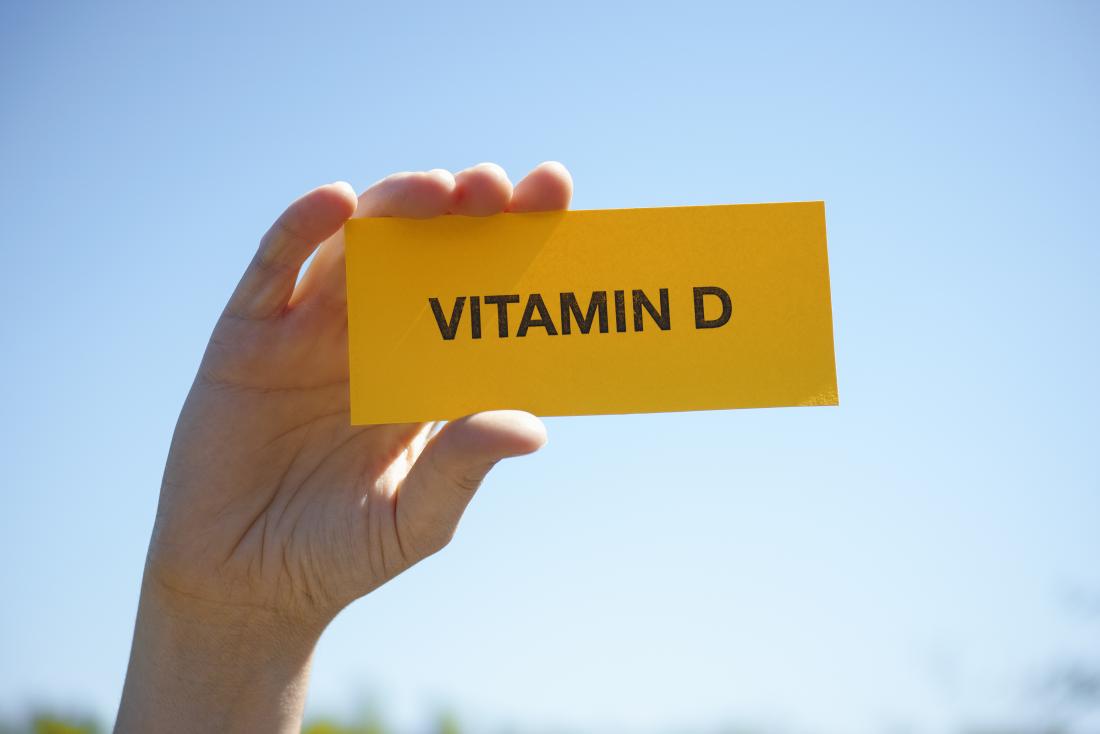

: Admin : 2020-09-25
All you need to know about Vitamin D toxicity
The Sun is the greatest source of vitamin D, which is available to us in abundance. Even then, a large majority of people are deficient of this essential mineral and thus, they rely on supplements to meet the daily body requirements. This process of piling up of nutrients leads to vitamin D toxicity.
Vitamin D toxicity, as known as hypervitaminosis D is caused due to high intake of Vitamin D supplement. This happens because hormones control the absorption of vitamin D from the Sun, and the amount of the nutrient present in the foods is too low to cause danger.
Just like the low intake of vitamin D is bad for health, the presence of an excessive amount of this nutrient in the body can also be dangerous.
The importance of Vitamin D
Vitamin D is necessary to regulate the amount of calcium and phosphate in the body. Deficiency of this vitamin may lead to several health concerns like loss of bones, weak muscles, rickets and osteoporosis. To prevent these diseases, it is crucial to obtain the daily recommended amount of Vitamin D.
Vitamin D2 and Vitamin D3 are the two commonly available supplements of Vitamin D. D2 occur in plants, whereas D3 is produced in response to sun exposure and is found in animal products. D3 is considered better as compared to D2, but prolonged intake of the nutrient may lead to Vitamin D toxicity.
RDA for vitamin D is 600 international units (IU) per day for young adults and 800 IU per day for adults older than 70. If the level goes up above 150 ng/ml (375 nmol/l) it leads to vitamin D intoxication. Here are 4 common side-effects of Vitamin D intoxication:
Sufficient intake of Vitamin D is essential for bone health. But too much of the nutrient in the body can lead to low levels of vitamin K2 in the blood. Vitamin K2 also has a major role to play in maintaining bone health. To avoid bone loss Vitamin D supplement should be taken in a normal amount.
Nausea and vomiting
Nausea and vomiting are other common symptoms of Vitamin D toxicity, which is also caused due to a high level of calcium in the blood. However, these symptoms are not commonly experienced by all the people dealing with high calcium levels in the blood.
High calcium in the blood
Too much vitamin D in the body can increase the amount of calcium in the blood. This can lead to deposition of calcium on tissues and skin and can also affect the bones. High blood pressure, bone loss, kidney damage, fatigue and dizziness are common with a high level of calcium in the blood.
High doses of vitamin D in the blood will also put unnecessary pressure on the kidneys. Our kidneys are responsible for excreting waste from the body. Excessive vitamin D makes them work harder and further damages them with time.
The bottom line
Try to get the maximum amount of Vitamin D from natural sources like the sun and foods. If the level of Vitamin D is too low in your body then you may require supplements. However, do not take supplements without consulting your doctor and keep your dosage in check. Even too much of good things can prove to be chronic for your health.
Disclaimer: This article is sourced from timesofindia.indiatimes.com without any changes in the contents thereof. Only the title has been edited by Meddco.com The facts and the opinions appearing in the article do not reflect and describe views of meddco.com
Meddco Vitamin D Vitamin D toxicity Bone loss Nausea vomiting Kidney failure hypervitaminosis D osteoporosis weak muscles therapies book appointment affordable treatment packages surgery packages doctor near me hospital near me hospitals doctor
No Comments